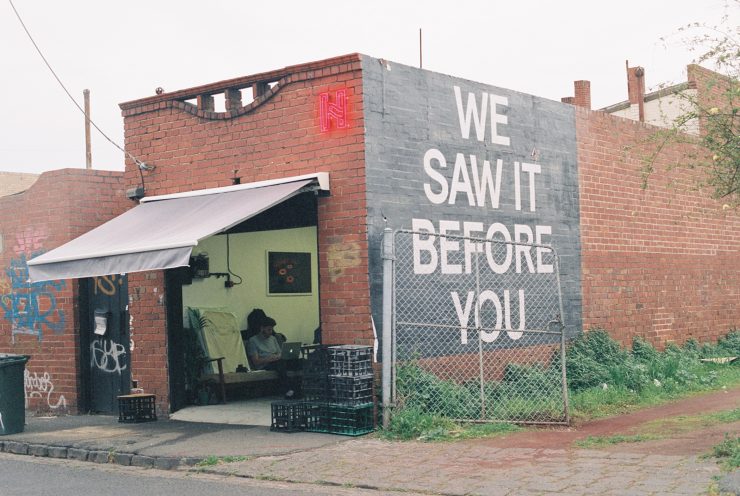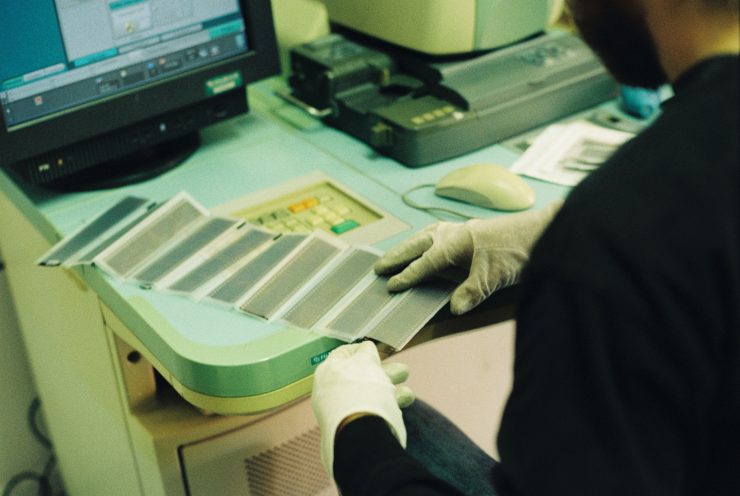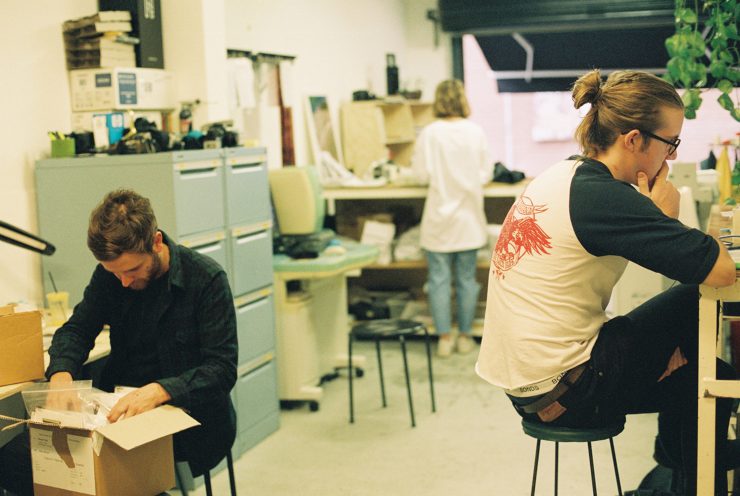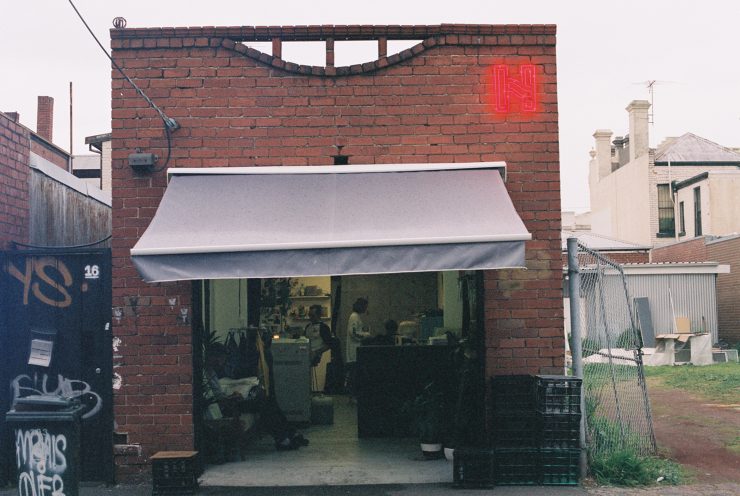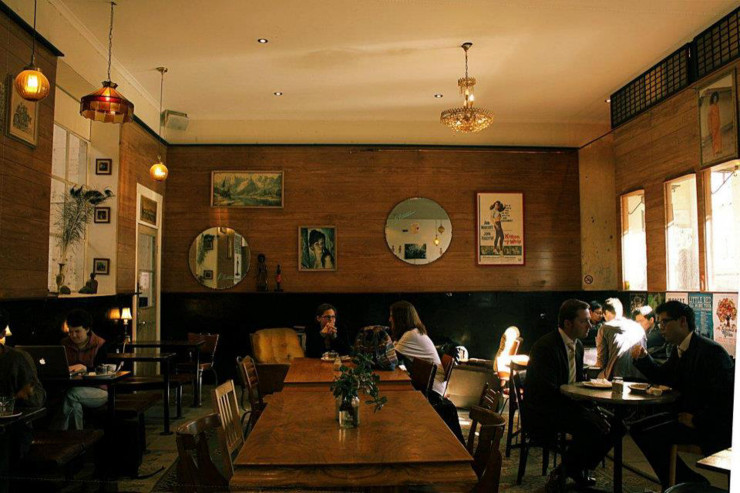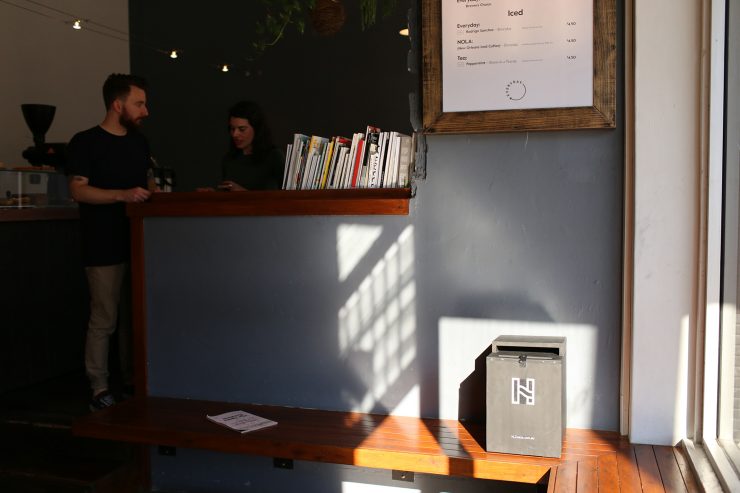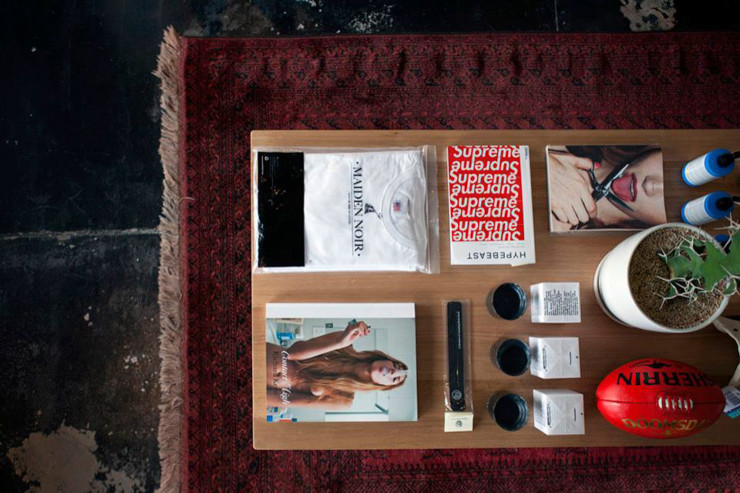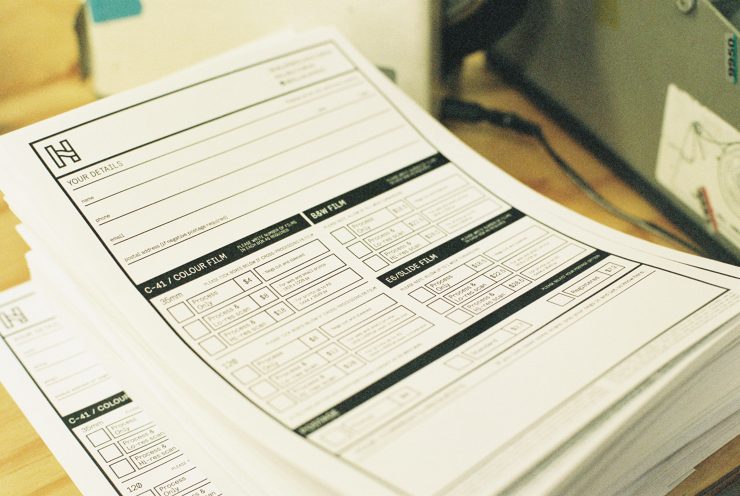I have a confession to make… on the surface, I’m something of a stereotype: I work in coffee, I am mildly tattooed, and I like to shoot on film. To clarify, my interest in film isn’t because I want to recreate the grainy-looking filters from Instagram, but rather due to the majority of my photography degree being spent in darkrooms, studios, or on location, dealing with medium and large format film cameras (and loving it).
With a fridge full of film, however, my love for shooting with it has become an increasingly expensive habit. And hospitality doesn’t generally bring in mountains of dough to fund such expensive hobbies. So, as a working barista and film lover who doesn’t enjoy paying through the nose for processing, I was in something close to a state of despair—that is, until, Hillvale Photo came along.
In Melbourne, the coffee community intersects with the art, print, and design communities on a number of different levels, and Hillvale reflects that–you can send them your film by putting it in a dropbox envelope while drinking a batch brew at Everyday Coffee, sipping on an espresso at Doomsday, buying some high-end fashion at Incu Women’s at QV, having some lunch at Thousand £ Bend in Melbourne’s CBD, and even while perusing artworks at the Australian Centre for Photography in Sydney.
Opened in September of 2013, Hillvale is a film developing lab located in Melbourne’s northern suburb of Brunswick, created as a collaboration between Andy Johnson and Jason Hamilton, who met while studying graphic design at RMIT in Melbourne and formed a bond over their mutual interest in photography and film. As a result of this friendship, when they heard about an Agfa C-41 colour negative film processing machine that was due to be thrown out, they drove four hours to go save it. Many late nights of hard work and manual-reading later, Hillvale Photo was born.
Speaking with Andy Johnson, it’s clear that he and Hamilton set out to create something special with Hillvale. “Our initial goal was to both provide an affordable and accessible film processing and scanning service, as well as a platform for creativity,” Johnson tells me. “The unforeseen (and amazing) consequences are such that we’ve met some amazing people and have got to work alongside them. There’s a strong film shooting and self-publishing culture in Melbourne and we’re honoured to be a part of it.”
As with everything at Hillvale, the choice of dropbox locations was no accident. As Andy Johnson explains, “Melbourne is pretty much fuelled by coffee in a number of ways, especially in the creative sector.” Coffee and creativity are part of a daily ritual for many in this city, and Hillvale chose their dropbox sites with easy access in mind. “There’s no reason film photography has to be such a ‘retro’ ideal,” Johnson says, “so in approaching places like Everyday Coffee, Doomsday, and Thousand £ Bend, we wanted to be accessible to people’s daily lives. Conversation surrounds coffee—and in turn helps us as words spread and people connect.”
In the year since they opened for business, Hillvale has processed more than 10,000 rolls of film, put on a group show, produced a book, and enabled hundreds of caffeinated photographers from all around Australia to do what they love. This intersection of culture and coffee is a fascinating one, and is brought further to the forefront by an event that Hillvale contributes to, the Independent Photography Festival (or IPF). Running from November 8th to the 15th, this is the second year for the IPF, a collaboration between Hard Worker’s Club, Smalltime Projects, and The Good Copy, all operating in and around the Magic Johnston complex, located next to (and fueled by) Everyday Coffee.
Eileen P. Kenny is a Sprudge.com staff writer based in Melbourne. Read more Eileen P. Kenny on Sprudge.


